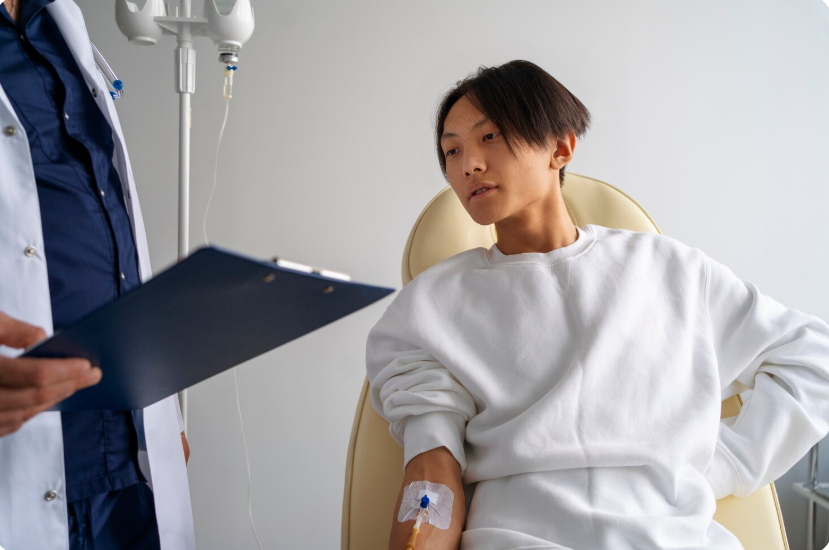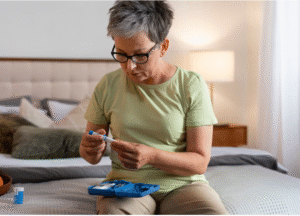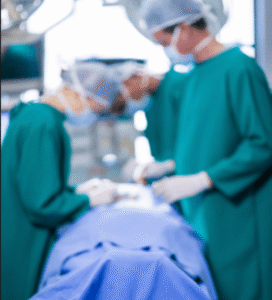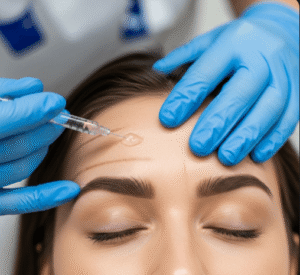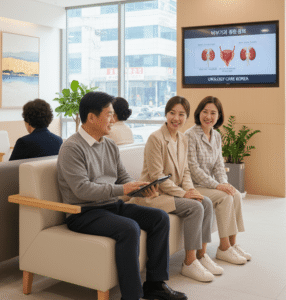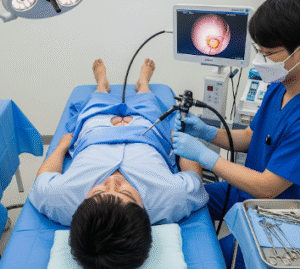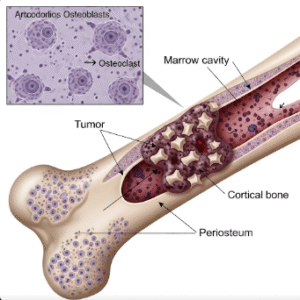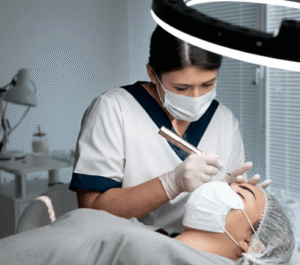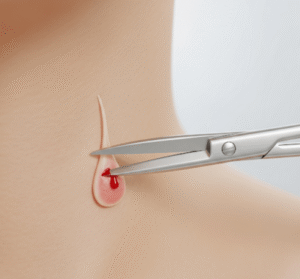Overview
Foreign object ingestion occurs when a person swallows non-food items such as coins, buttons, batteries, fish bones, magnets, or sharp objects. It is a frequent medical emergency, especially in children, psychiatric patients, and individuals with cognitive impairments. In Korea, where fish and bone-containing dishes are commonly consumed, accidental ingestion of bones is one of the leading causes of such cases. With advanced endoscopy, minimally invasive surgery, and pediatric emergency care, Korean hospitals are highly equipped to handle foreign body ingestion promptly and effectively.
What is Foreign Object Ingestion?
Foreign object ingestion is the unintentional or intentional swallowing of an object that is not meant for consumption. These items may become stuck in the esophagus, stomach, or intestines, potentially leading to serious complications.
Common objects ingested:
- Coins (most common in children)
- Fish or chicken bones
- Dental prosthetics
- Toys or toy parts
- Magnets (dangerous if multiple are swallowed)
- Button batteries (medical emergency due to tissue damage)
- Sharp objects (pins, needles, glass, etc.)
Symptoms
- Sudden choking or gagging
- Drooling or difficulty swallowing
- Pain in the chest, throat, or abdomen
- Vomiting, sometimes with blood
- Refusal to eat or drink (especially in children)
- Coughing or wheezing (if airway is affected)
- In severe cases: intestinal blockage, perforation, or infection
Causes
- Accidental swallowing: children exploring objects with their mouths
- Food-related: fish or chicken bones in meals
- Dental issues: swallowing dentures during sleep or seizures
- Mental health conditions: intentional ingestion in psychiatric patients
- Substance abuse or self-harm behavior
Risk Factors
- Young children (ages 6 months–5 years)
- Elderly with dentures
- Individuals with neurological conditions (stroke, dementia, Parkinson’s)
- Patients with psychiatric disorders or developmental delays
- People with impaired swallowing reflexes
- High fish consumption diets (common in Korea)
Complications
- Esophageal obstruction
- Ulceration or perforation of the esophagus or intestines
- Severe infection (mediastinitis, peritonitis)
- Internal bleeding
- Toxicity (if swallowing batteries or toxic materials)
- Death (rare but possible if untreated, especially with batteries or airway obstruction)
Prevention
- Keep small objects and batteries out of children’s reach
- Use child-safe toys (avoid detachable parts)
- Cut food into small pieces for children and elderly
- Supervise children during eating and playtime
- Educate psychiatric patients and caregivers on risks
- Use careful preparation methods to remove bones from fish or meat dishes
Treatment Options in Korea
Diagnosis
Korean hospitals use rapid and precise diagnostic tools such as:
- X-rays (to locate metallic or radiopaque objects)
- CT scans (for sharp objects, batteries, or complications)
- Endoscopy (both diagnostic and therapeutic)
- Physical examination for airway compromise or abdominal tenderness
Medical Treatments
- Observation: Some small, blunt objects pass naturally without intervention
- Medications: Pain relievers, anti-nausea drugs, or muscle relaxants (in some esophageal cases)
- IV fluids to maintain hydration during monitoring
Surgical or Advanced Therapies
- Endoscopic removal: Primary method in Korea; performed under sedation using flexible endoscopes
- Rigid endoscopy: For sharp or large objects in the esophagus
- Minimally invasive surgery (laparoscopy): If object causes obstruction or perforation
- Emergency surgery: For button batteries, magnets, or severe intestinal damage
Rehabilitation and Support
- Nutritional support: Soft diet post-removal to avoid esophageal irritation
- Speech and swallowing therapy: For patients with recurrent swallowing issues
- Psychiatric counseling: For intentional ingestion cases
- Regular monitoring: Follow-up endoscopies to ensure no damage remains

